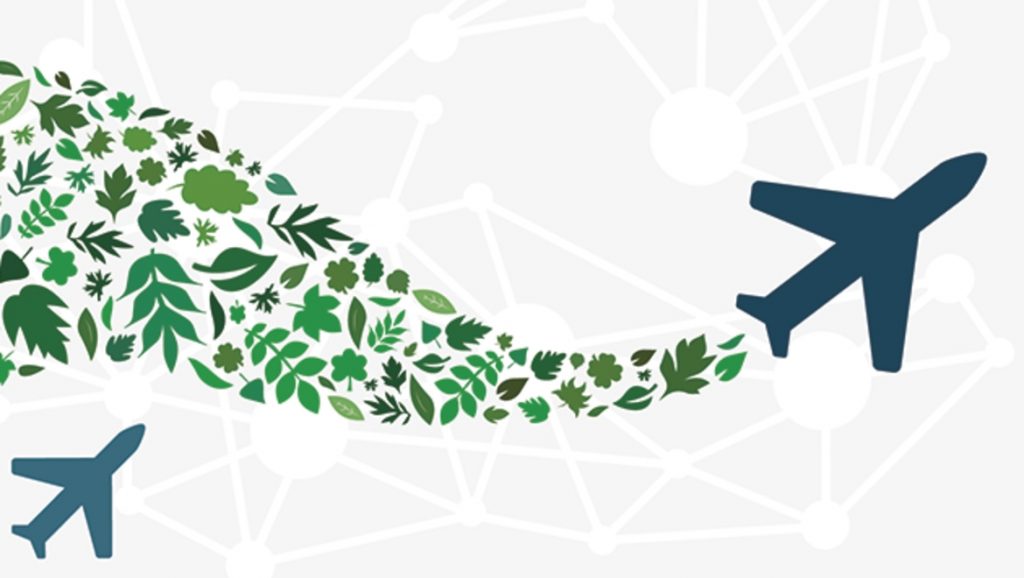
The Biden administration has announced advancements of sustainable aviation within the US, introducing tax credits and new funding across the sector.
Among the multiple changes announced at the White House, President Joe Biden pledges to reduce aviation emissions by 20 per cent by 2030.
On top of this, the US commits to have sufficient Sustainable Aviation Fuel (SAF) by 2050 to meet 100 per cent of aviation demand.
The decisions came under the Department of Energy, Transportation, Agriculture, Defence, NASA, the General Services Administration and the Environmental Protection Agency.
The administration confessed it is “committed to transforming the aviation sector” to create more jobs and improve “environmental quality” across the industry.
“This transformation to a zero-carbon aviation sector will require coordinated innovation and leadership from the federal government, aircraft manufactures, airlines, fuel producers, and airports,” it said.
New funding into the sector will total up to US$4.3 billion.
Since the pandemic has shifted the industry forever, airlines and airports have more recently boosted commitments in SAF, in a bid to reclaim customers after the COVID-19 crisis.
In the US, aviation accounts for 11 per cent of transport-related emissions, according to the White House statement.
As part of President Biden’s Build Back Better Agenda, he has introduced a Sustainable Aviation tax credit, following in the steps of the European Commission, which made the same move in July.
The proposed tax credit requires at least a 50 per cent reduction in greenhouse gas emissions, leading to increased incentives for greater cuts.
Along with tax credits, the DOE is proposing up to US$3 billion in loan guarantees to companies who use sustainable technology for operations and scale back emissions.
Some of the departments are collaborating on a Sustainable Aviation Fuel Grand Challenge, scaling up SAF production to at least 3 billion gallons a year by 2030.
The collaboration will focus on making SAF more accessible.
Over the years, there has been an increasing interest in SAF, but the cost has inevitably outweighed its growth in the industry.
The White House release said the tax credits will answer this problem by rapidly scaling up production, and by default lowering costs.
Building on the announcements, the administration will release the aviation climate action roadmap in coming months.
“In the future, electric and hydrogen-powered aviation may unlock affordable and convenient local and regional travel,” the release added.
“But for today’s long-distance travel, we need bold partnerships to spur the deployment of billions of gallons of sustainable aviation fuels quickly.”
Several carriers in the US including United Airlines, Delta Airlines, American Airlines, Alaska Airlines, Southwest Airlines and JetBlue have committed to ramping up SAF operation.




